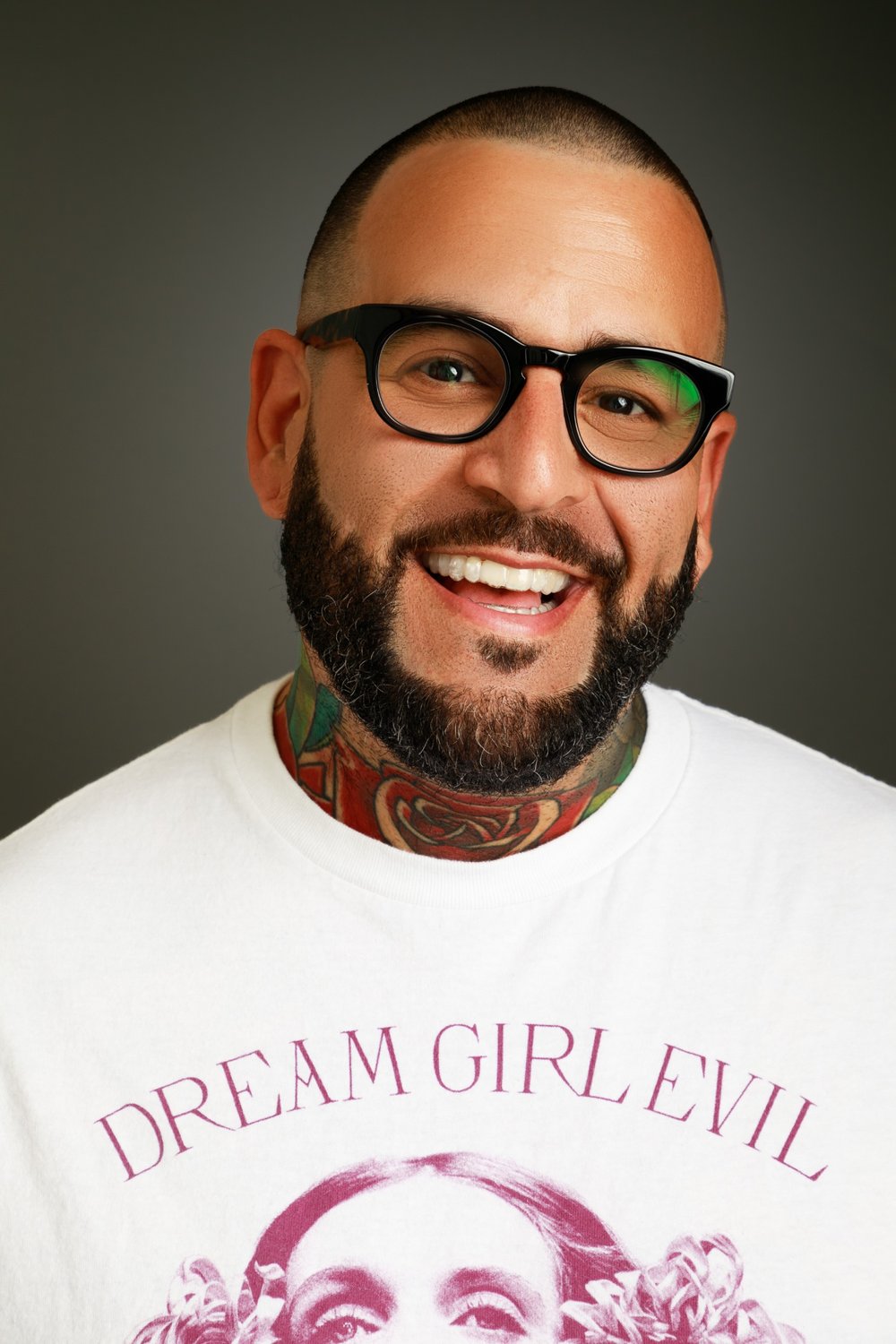
by Michele Kirichanskaya | Jul 1, 2023 | Blog
MARK OSHIRO is the #1 New York Times bestselling, award-winning Latinx queer author of Anger Is a Gift, Each of Us a Desert, and Into the Light, as well as their middle-grade books The Insiders, You Only Live Once, David Bravo, and Star Wars Hunters: Battle for the...
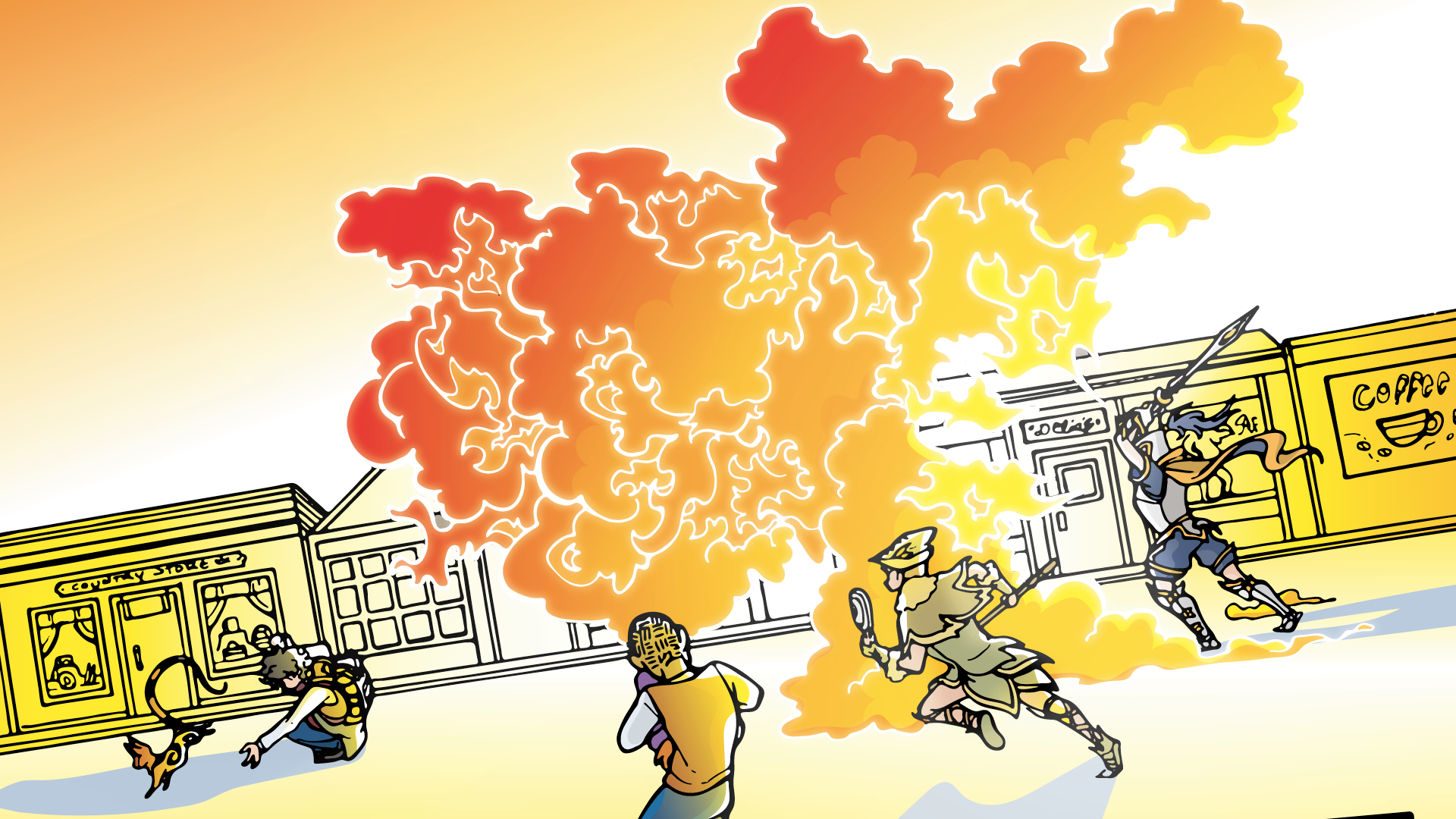
by Alexa Goodrich-Houska (she/they) | Jun 29, 2023 | Blog
Busy Geek Breakdown (TL;DR): If you haven’t checked out this webcomic, you’ll get hooked quickly. It has adventure, magic, teen angst, and plenty of geeky references. We need more stories like this, with complex representation of Queer characters. Checkout...
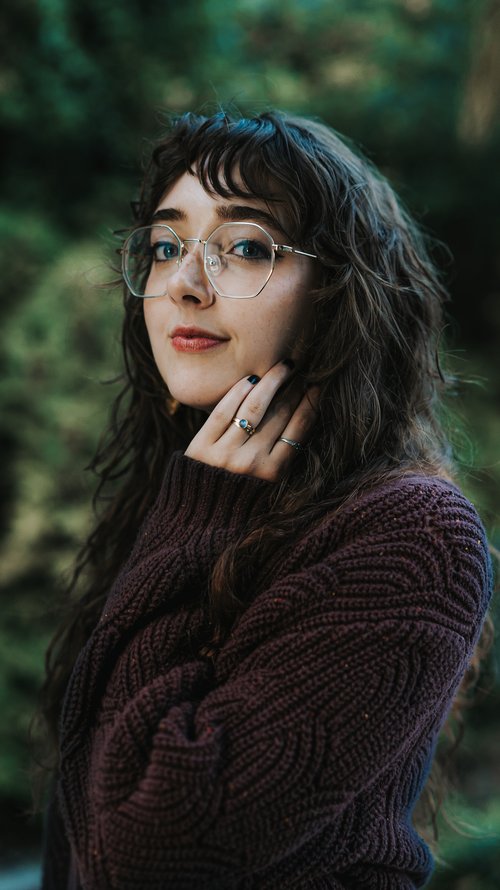
by Michele Kirichanskaya | Jun 28, 2023 | Blog
Ivelisse Housman is the Puerto Rican-American author of UNSEELIE, a young adult fantasy novel published by Inkyard Press. Her work is inspired by her intersecting identities as a biracial autistic woman. She lives in the Blue Ridge Mountains with her high school...
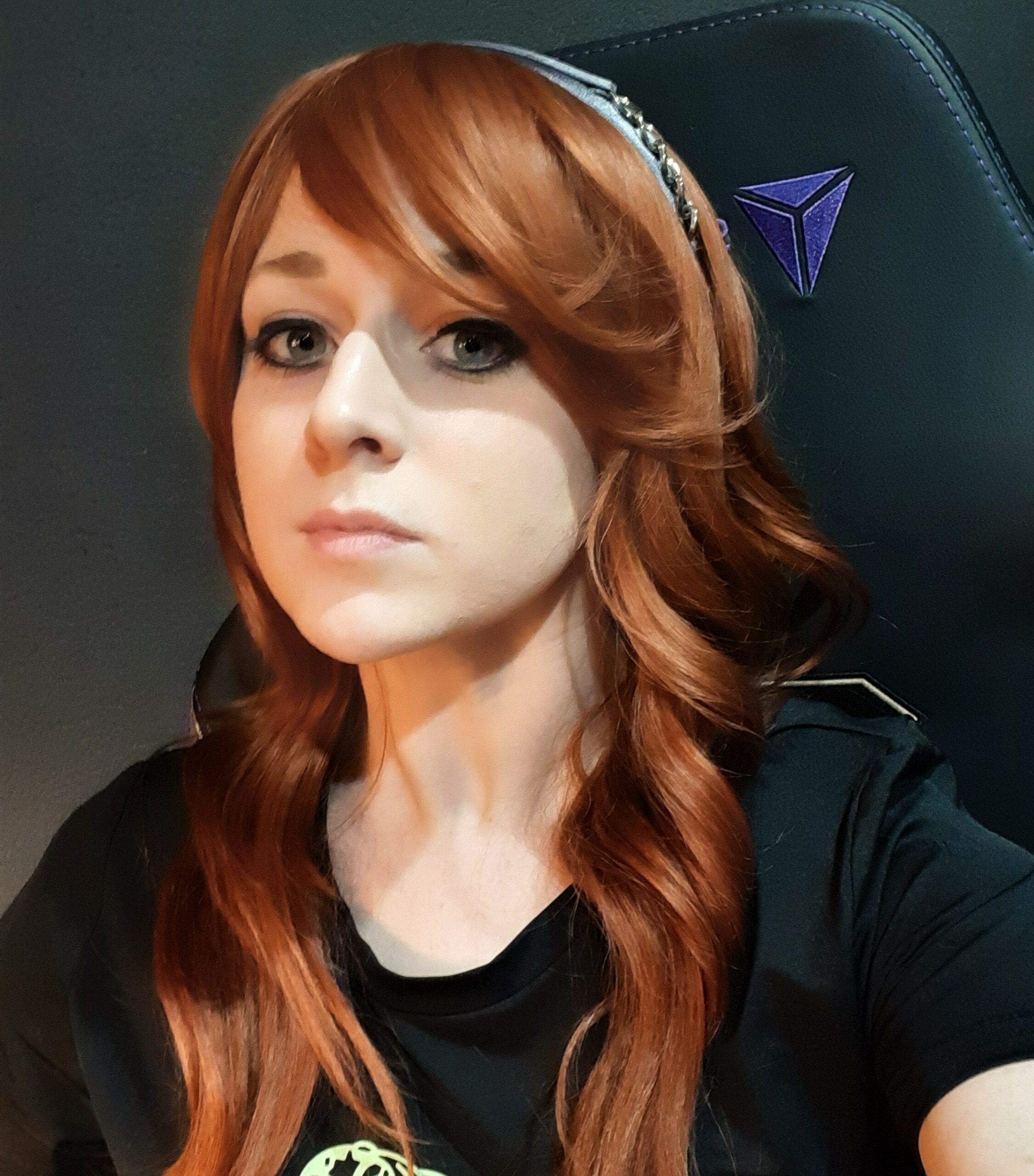
by Michele Kirichanskaya | Jun 22, 2023 | Blog
Claire Winn spends her time immersed in other worlds—through video games, books, conventions, and her own stories. Since graduating from Northwestern University, she’s worked as a legal writer and editor. Aside from writing, she builds cosplay props and battles with...
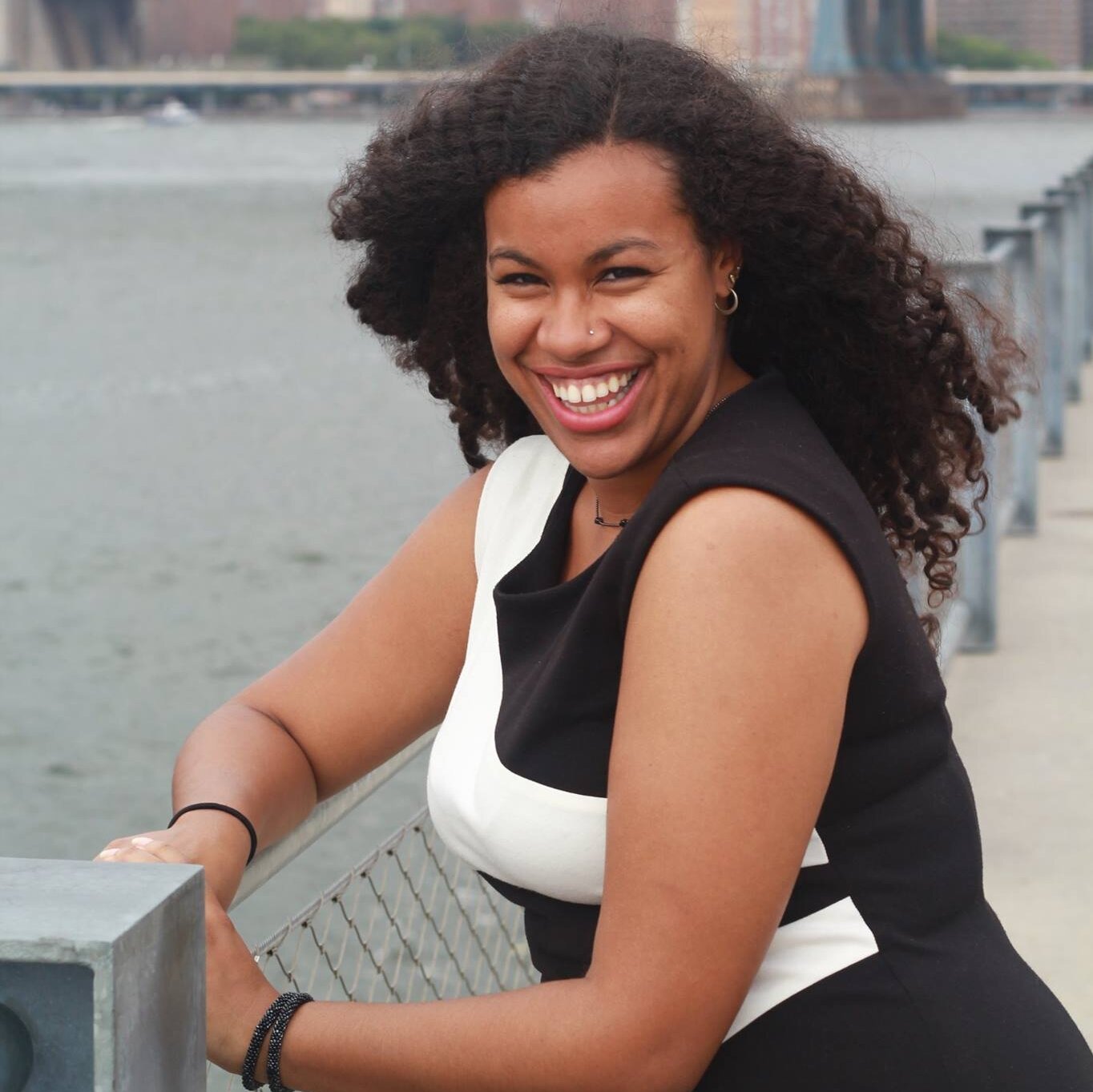
by Michele Kirichanskaya | Jun 20, 2023 | Blog
Alyssa Reynoso-Morris is a queer Afro-Latine/x Dominican and Puerto Rican storyteller. Her ability to weave compelling stories has opened many doors for her as an author, speaker, and resume writer. She is also a mother and community organizer. During the day she...
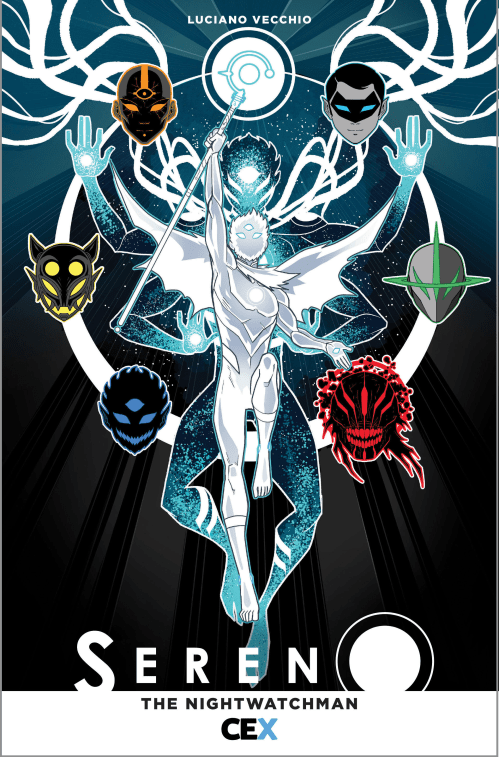
by Chris Allo | Jun 20, 2023 | Blog
Happy Pride to all the LGBTQIA+ comic book and pop-culture nerds and geeks! For this installment of the Queer Creator Spotlight I got to catch up with Geeks OUT alum, Luciano Vecchio about his creator owned-book, “Sereno,” being published by CEX...







